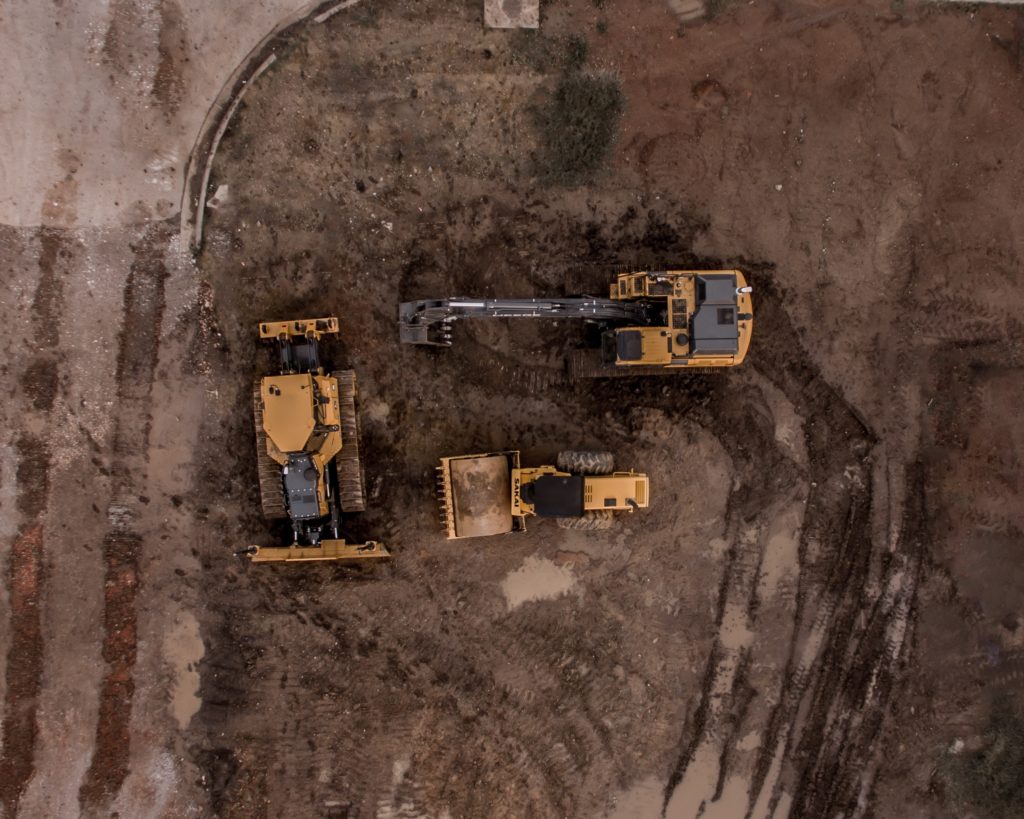
Like the falling leaves or the bursting forth of springtime blooms, the coming and going of seasonal workers is inevitable. That’s why workforce training programs, like FastForward, are designed to help employers stay ahead of the curve on hiring during busy and slow seasons.
Between an aging workforce and the pandemic, hiring the right person for the job is a challenge but a necessity. With concerns about safety and health at the top of many workers’ minds it can be a balancing act for businesses to protect their employees while also meeting workforce pipeline demands.
Workforce leaders across Virginia’s Community Colleges recently told us what businesses can do to collaborate with schools and the trends they’ve noticed in seasonal hiring.
Time is of the essence
Time and time again, our college workforce leaders told us that it was essential to start preparing for seasonal changes early.
“Provide sufficient lead time for the local community college to prepare, schedule andcreate the necessary classes,” suggested Scott Hall, workforce and business solutions officer at Eastern Shore Community College. “Businesses can help support the community college by marketing these classes and providing adjunct workforce instructors to help teach the classes.”
Know your audience
When looking for part-time or temporary workers it helps to be as flexible as the jobs themselves. With any luck, the people brought in for the season will become full-time employees and major assets to your company or organization.
“[Offer] flexible work hours to attract more interest in seasonal workers and cross training to convert seasonal employees to fulltime,” said Randall Rose, dean of workforce and continuing education at Southwest Virginia Community College. “Also, market to students who are interested in seasonal, non-permanent work.”
If at first you don’t succeed…
Although the worker shortage caused by the pandemic has started to slowly subside, according to Germanna Community College’s Associate Vice President of Workforce Development Martha O’Keefe, it pays to be persistent.
“Employees are concerned about hourly pay and COVID exposure. Business are concerned about finding enough employees,” O’Keefe said. “Primary seasonal jobs are expected to be in the service/hospitality industry.
“These positions are proving difficult to fill, even now,” she added.
A new frontier
The biggest obstacle for employers might be coming to terms with the seismic shift in the work world that’s only been accelerated by the pandemic and its economic fallout.
“The response to COVID has dramatically changed the landscape, hopefully not permanently,” said Robert Phillips, dean of workforce development at Virginia Highlands Community College. “There’s definitely a ‘wait and see’ mindset which is prevalent with respect to business growth. The uncertain political climate is also pulling the reins of some of the [Southwest Virginia] region’s employers. Supply chain disruptions have also continued to negatively impact the region’s business and industry.”
FastForward and community colleges are charting a way forward through all of the fog and uncertainty – and if you need support through seasonal demands, or for more long-term succession planning, we can help.
Are you looking for new talent to fill your workforce pipeline? Start a conversation with your local community college about FastForward and other partnership opportunities.